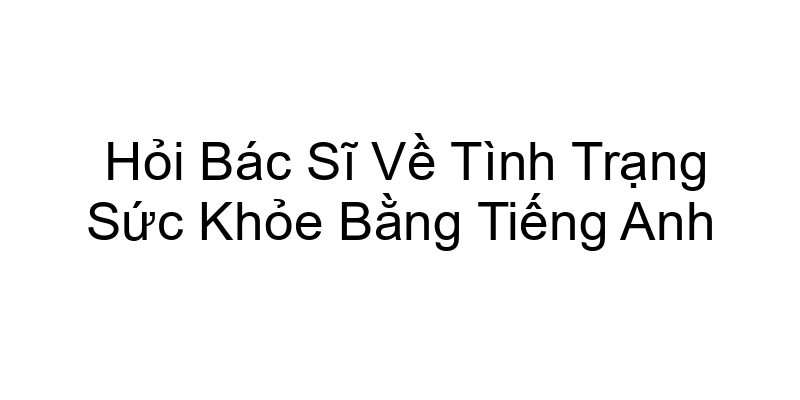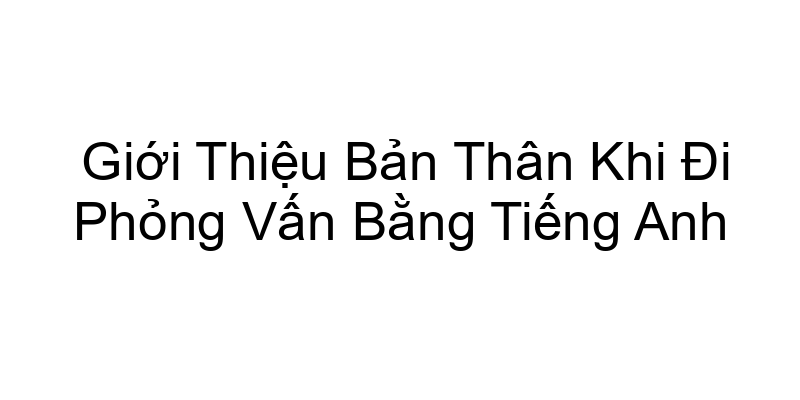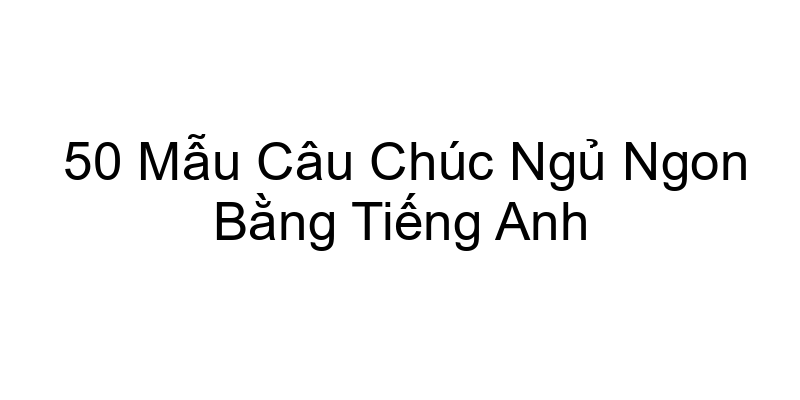How to Make an Appointment Over the Phone in English
Making an appointment over the phone in English can be a straightforward yet essential skill. Whether you are scheduling a doctor’s appointment, a meeting with a business associate, or reserving a table at a restaurant, being able to communicate effectively is crucial. This guide will provide various phrases, vocabulary, and tips to ensure your phone calls are successful.
Preparation Before the Call
Before you make the call, there are a few things you should prepare:
- Know the Details: Have all the necessary information at hand. This includes the name of the place you are calling, the type of appointment you want to make, and any potential time slots that work for you.
- Have Your Information Ready: Depending on the type of appointment, be prepared to provide your name, contact information, and any other relevant details (e.g., patient ID for a doctor’s appointment).
- Practice Key Phrases: Familiarize yourself with common phrases used in appointment-making to feel more confident during the call.
Starting the Call
When you call to make an appointment, it is important to greet the person on the other end of the line and introduce yourself clearly.
Example:
"Hello, my name is [Your Name]. I'm calling to make an appointment."This opening sets a professional tone and lets the person know the purpose of your call right away.
Expressing Your Request
After the initial greeting, it is polite to specify what you would like to do. Below are some phrases you can use:
- “I would like to schedule an appointment for [service or reason].”
- “Could I book a time for [specific need]?”
- “I would like to make a reservation for [date and time].”
Providing More Information
Often, the person on the other end may need additional information to assist you. Be ready to answer any questions they might have:
- “What date and time are you available?”
- “Do you have any preferences for the time or the person?”
Confirming Details
Once the appointment details are established, it is essential to confirm everything for clarity.
Example:
"Just to confirm, I have an appointment on [date] at [time] for [service]. Is that correct?"Reconfirming details helps avoid any future misunderstandings.
Asking Questions
If you have any questions or concerns, this is the time to address them:
- “How long will the appointment last?”
- “Can you tell me about the cancellation policy?”
- “Is there anything specific I need to bring?”
Ending the Call
At the end of the call, express your gratitude for their assistance. Closing phrases are essential in leaving a positive impression:
Example:
"Thank you for your help! I look forward to my appointment."Finally, make sure to say goodbye politely:
"Have a great day!"Common Scenarios for Scheduling Appointments
Here are a few common scenarios where you might need to set up an appointment over the phone:
Medical Appointments
When scheduling doctor visits, it’s often necessary to discuss your health issue briefly. For example:
"Hello, I need to see the doctor regarding [specific issue]. When can I schedule an appointment?"Business Meetings
For professional purposes, ensure you communicate clearly:
"I would like to schedule a meeting to discuss [project or topic]. What times are you available?"Restaurant Reservations
Making a reservation at a restaurant can often involve asking for specific details:
"I'd like to reserve a table for [number of persons] at [time] on [date]."Useful Vocabulary for Phone Calls
- Appointment: A meeting arranged in advance.
- Schedule: To arrange for an appointment or event.
- Available: Free or not occupied at a specific time.
- Confirmation: Verifying the details of an arrangement.
- Preference: A stronger liking for one option over others.
Practice Makes Perfect
Practicing your phone skills can significantly improve your confidence. Here are a few ways to practice:
- Role-play with a friend or family member, simulating different scenarios.
- Record yourself making a phone call and listen for areas of improvement.
- Practice speaking clearly at a moderate pace to ensure understanding.
Dealing with Language Barriers
If English is not your first language, you may encounter challenges. Here are some tips to address language barriers effectively:
- Speak slowly and clearly, taking your time to articulate.
- If you don’t understand something, don’t hesitate to ask the person to repeat themselves.
- Use simple language to convey your message without complications.
Handling Difficult Situations
In some cases, you may face difficulties during your call, such as a misunderstanding or an uncooperative individual. Here are strategies to handle such situations:
- Stay calm and patient. Responding emotionally may escalate the situation.
- Attempt to clarify by summarizing what you believe you understood.
- Request to speak with another representative if the situation does not improve.
Additional Resources
If you’re seeking more practice opportunities and resources, consider the following:
- Online courses focusing on business English or conversation skills.
- Language exchange programs where you can practice speaking with native speakers.
- Apps dedicated to language learning that include phone conversation scenarios.
Conclusion
Making appointments over the phone in English requires practice and preparation. By using the provided vocabulary and phrases, confirming details, and handling potential language barriers, you will enhance your communication skills significantly. Remember, the key is clarity, politeness, and preparation.




